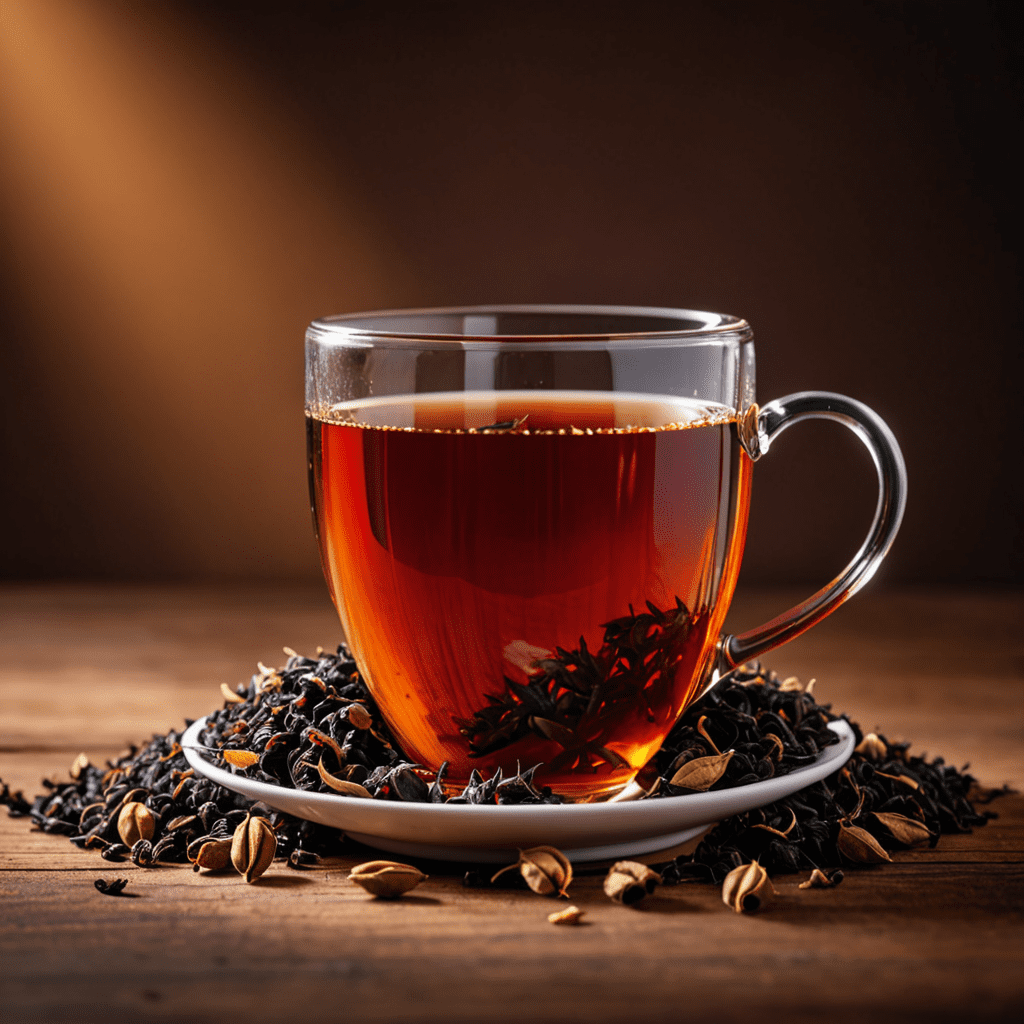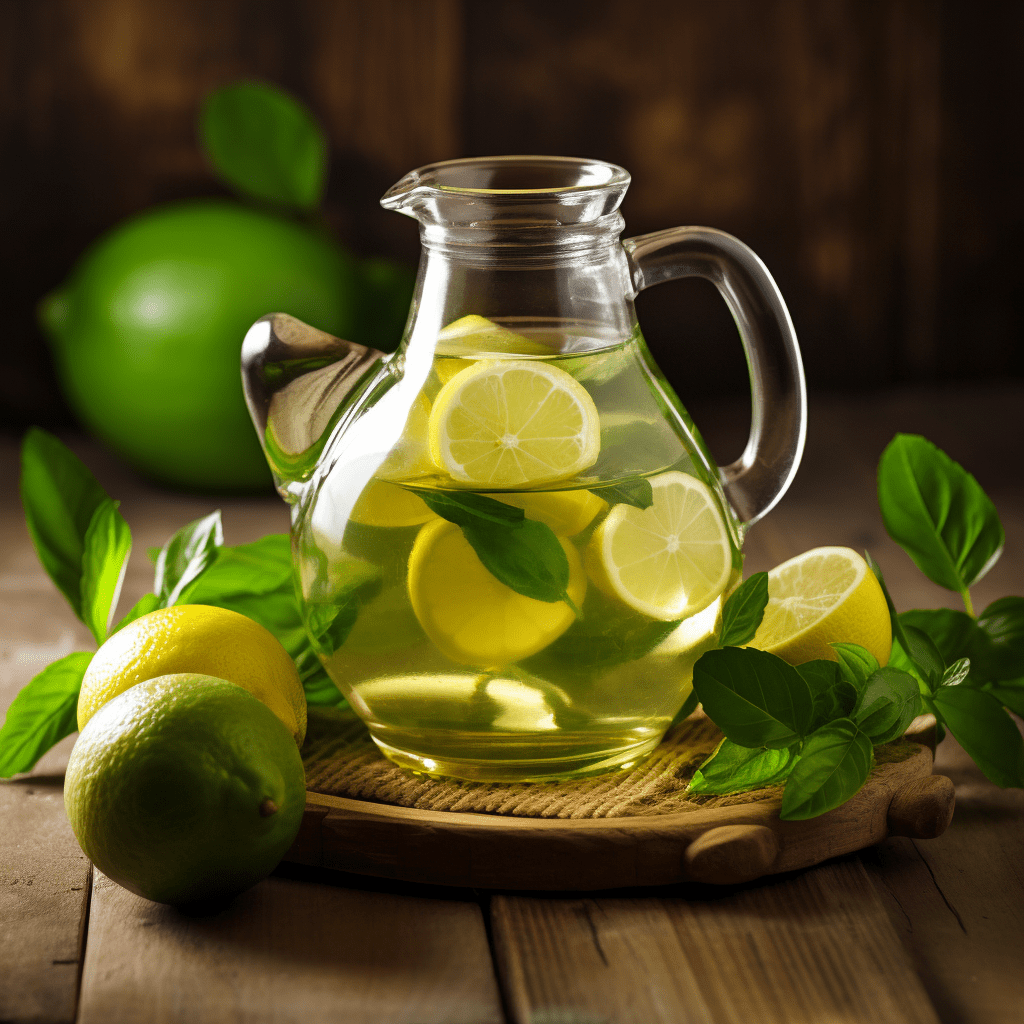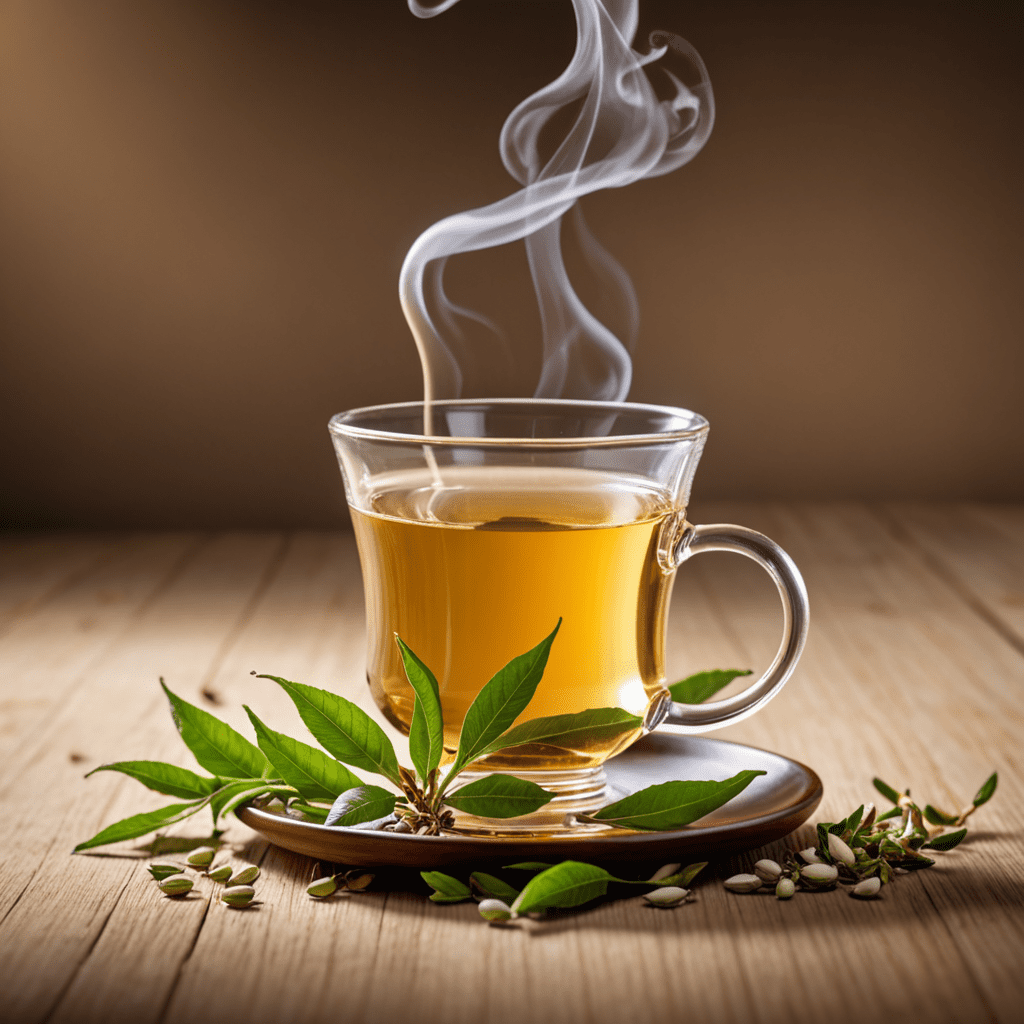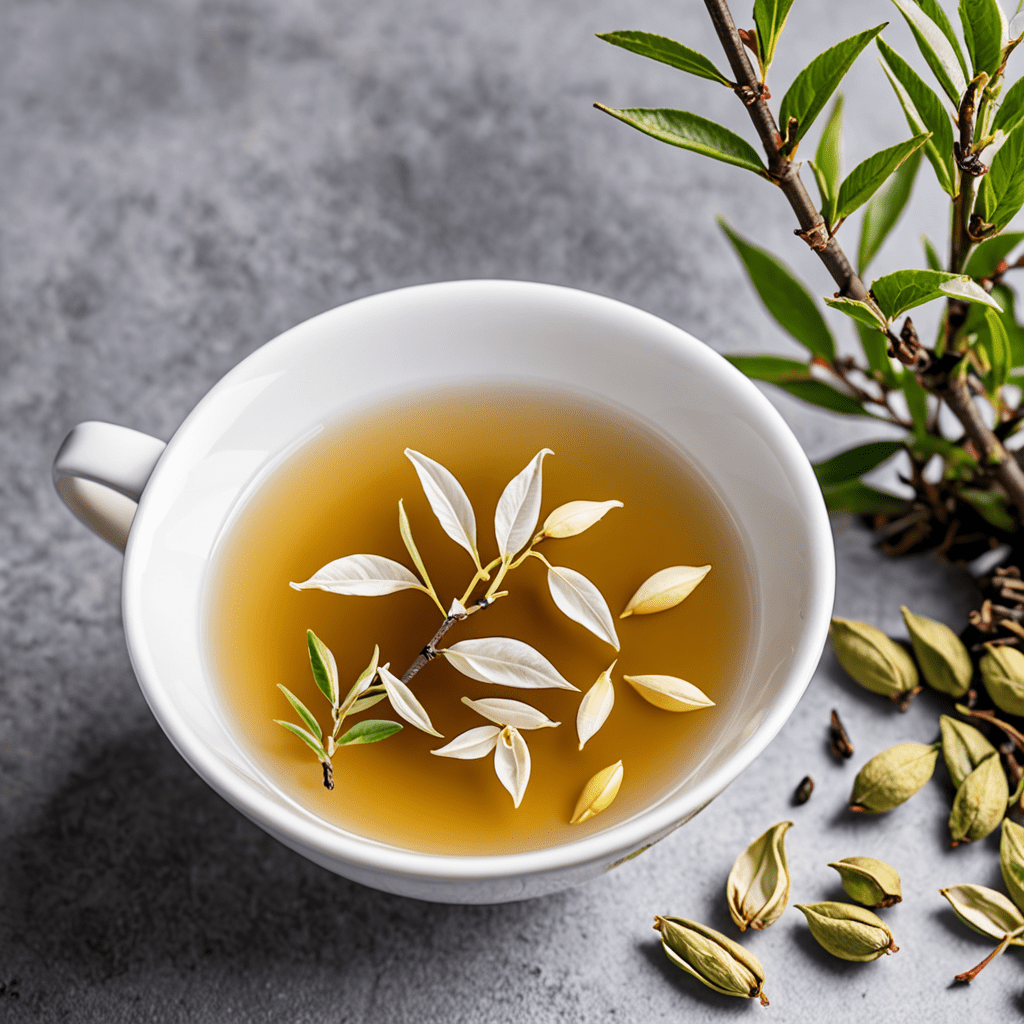
Discover the Unique Contrasts Between Black Tea and Regular Tea: Unraveling the Tea Mystery!
1. Introduction
Tea lovers around the world are drawn to the diverse flavors and aromas that different types of tea have to offer. One common question that often arises is the difference between black tea and regular tea. In this article, we will explore the distinctions between these two popular tea varieties, providing a deeper understanding of their characteristics and brewing methods.
2. What is Black Tea?
Black tea, known for its bold and robust flavor, is a type of tea that is more oxidized than other tea varieties. It undergoes a complete oxidation process, resulting in its dark color and strong taste. Black tea leaves are typically withered, rolled, and fermented before they are ready to be brewed.
3. What is Regular Tea?
Regular tea, also referred to as green or white tea, is less oxidized compared to black tea. It is minimally processed, allowing the leaves to retain their natural green color and delicate flavors. The production methods of regular tea involve withering and drying without fermentation, preserving its fresh and grassy notes.
4. Flavor Profiles
Black tea is known for its bold, robust, and malty flavors. The complete oxidation process enhances its richness, resulting in a brew that is full-bodied with hints of caramel, chocolate, and sometimes even smoky undertones. On the other hand, regular tea offers a range of flavors depending on the variety. Green tea, for example, tends to have grassy, vegetal, and slightly nutty flavors, while white tea offers delicate floral and fruity notes.
5. Caffeine Content
When it comes to caffeine content, black tea generally has higher levels compared to regular tea. The oxidation process contributes to the formation of caffeine, resulting in a stimulating beverage. However, the exact caffeine content can vary depending on factors such as brewing time, water temperature, and the specific type of tea leaves used.
6. Brewing Methods
The brewing methods for black tea and regular tea also differ. Black tea is typically brewed with near-boiling water, allowing the leaves to fully infuse and release their flavors. It is often steeped for a longer duration, ranging from 3 to 5 minutes, to achieve optimal taste. Regular tea, particularly green and white tea, is more delicate and requires lower water temperatures, around 160-180°F (70-80°C), to avoid bitterness. The brewing time for regular tea is shorter, usually 2 to 3 minutes.
7. Frequently Asked Questions (FAQ)
7.1. Is black tea stronger than regular tea?
Black tea is generally stronger in flavor and has a higher caffeine content compared to regular tea.
7.2. Can I brew black tea with lower water temperatures?
While black tea is traditionally brewed with near-boiling water, you can experiment with lower temperatures if you prefer a milder taste. However, keep in mind that the brewing time may need to be adjusted accordingly.
7.3. Is regular tea healthier than black tea?
Both black tea and regular tea offer health benefits, but their specific properties may vary. Regular tea, especially green tea, is often associated with higher antioxidant content, while black tea may have additional benefits due to its higher levels of theaflavins and thearubigins.
7.4. Can I mix black tea and regular tea together?
Absolutely! Mixing different types of tea can create unique flavor profiles and customized blends. Feel free to experiment and discover your own favorite combinations.
7.5. Which type of tea should I choose?
The choice between black tea and regular tea ultimately depends on your personal preferences. If you enjoy a bold, robust flavor, opt for black tea. For a more delicate and nuanced experience, regular tea varieties like green or white tea may be your cup of tea!


